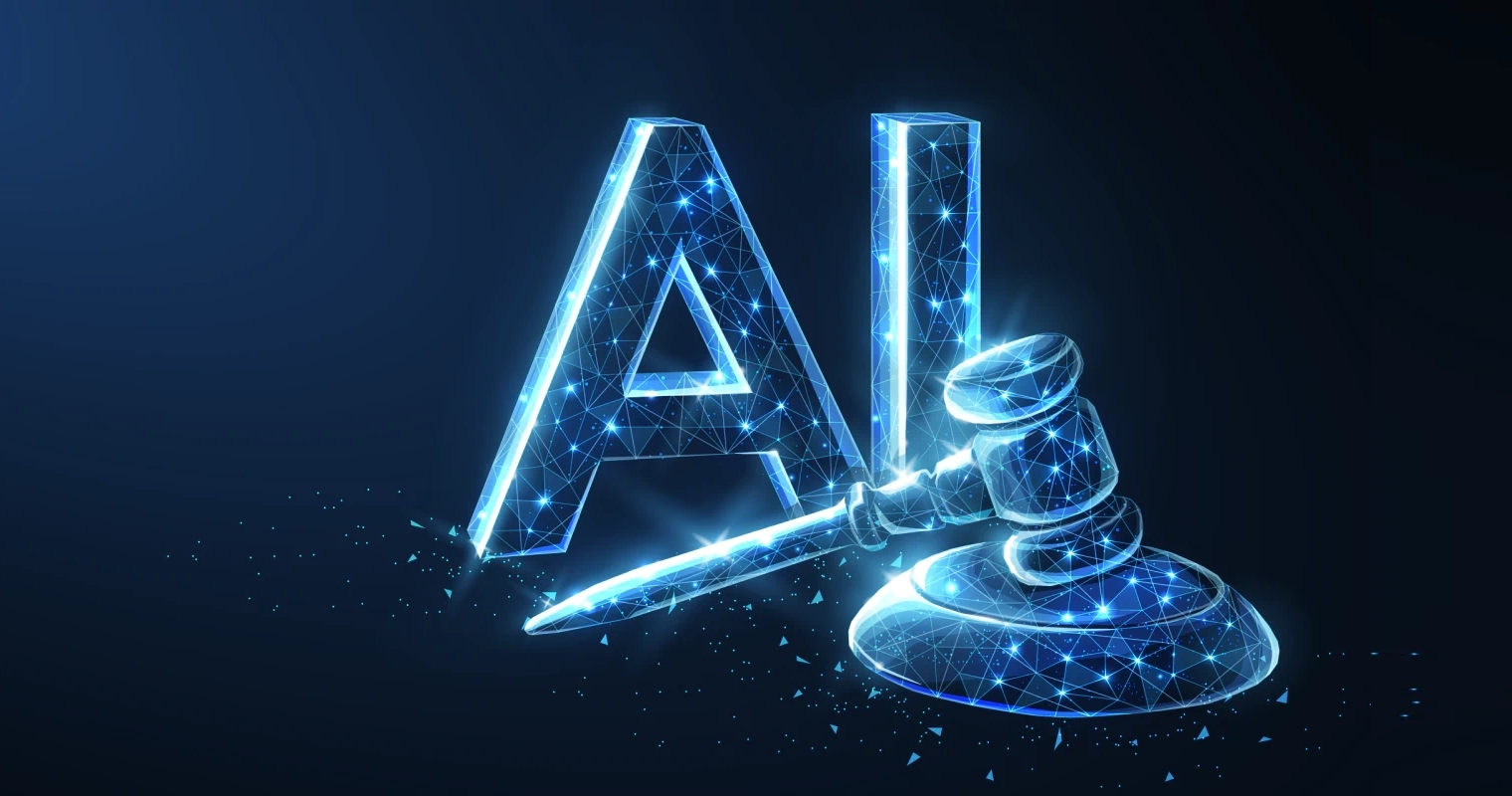All 27 European Union member states have unanimously given their stamp of approval to the Artificial Intelligence Act (AI Act). After overcoming pushbacks and extensive negotiations, EU member states finalised a comprehensive rulebook for regulating AI on February 2, 2024. If your organisation is using AI tools, the impending enforcement of the AI Act should be on your radar. Here’s what the latest update means and what happens next.
In this article:
- Brief overview of the EU AI Act
- Why is the approval of the EU AI Act such an important milestone?
- How was the agreement on the EU AI Act reached?
- What happens with the EU AI Act now?
- When will the EU AI Act be implemented?
- Stay informed and prepare your company for compliance
Brief overview of the EU AI Act
The EU AI Act represents the world's first comprehensive artificial intelligence regulation. It establishes rules and requirements by categorising AI systems based on risk and potential impact on fundamental rights and freedoms. The primary objective of the AI Act is to encourage responsible innovation while continuing to safeguard fundamental rights.
Key provisions of the AI Act include banning specific AI systems and applications, strict limits on high-risk use cases, and imposing additional development and deployment requirements, including transparency and testing obligations.
Violations of the Act could result in substantial fines, ranging from €7.5 million to €35 million or 7% of revenue, setting a global standard for responsible AI development.
Why is the approval of the EU AI Act such an important milestone?
The law was first proposed back in 2021. As the legislation slowly moved through the motions, the latest update was a political agreement on the draft of the EU AI.
As the negotiations in the EU continued, several countries initially expressed reservations about the AI Act. For example, there were fears that the compromise text might stifle European innovation, particularly in advanced AI models.
Germany, France, Austria, and Italy raised concerns about data protection, potential hindrances to promising European AI companies like Mistral AI and Aleph Alpha, and the AI Act's application to AI in medical devices.
How was the agreement on the EU AI Act reached?
Despite initial reservations, EU deputy ambassadors ultimately greenlit the final compromise text after extensive negotiations involving the Council, European Parliament, and Commission officials.
Concerns from powerhouse economies like Germany and France prompted calls for further negotiations, but these were averted through public relations efforts and diplomatic manoeuvres.
To address these concerns, the AI Act includes measures such as establishing a dedicated and significantly staffed EU Artificial Intelligence Office, which will serve as an enforcement mechanism. Additionally, pro-innovation measures for the AI sector were introduced to balance innovation and security.
Thierry Breton, the EU’s Internal Market Commissioner, emphasised the significance of the AI Act, stating that it "unleashed a lot of passion... and rightly so!" He highlighted that the vote acknowledges the "balance found by negotiators between innovation and security."
You might also be interested: The future of AI and privacy: Examining the impacts of ChatGPT
What happens with the EU AI Act now?
While the unanimous approval from EU member states is a significant achievement, the AI Act still requires formal approval from the European Parliament.
Two parliamentary committees are scheduled to vote on February 13th, with the full plenary vote expected on April 10th or 11th. Once adopted, the AI Act will enter into force 20 days after publication in the official journal, with specific application dates for prohibited AI and high-risk AI systems. Experts do not foresee any major roadblocks to the approval of the AI Act at this point.
The unanimous approval of the AI Act reflects the EU's commitment to regulating AI in a responsible and innovative way, setting a precedent for AI governance worldwide.
Related: Discover what the legislation could mean for privacy and compliance in your business—Download your complete guide to the EU AI Act.
When will the EU AI Act be implemented?
The EU AI Act should come into force over the next 6-24 months, subject to approval from the European Parliament:
- 6 months: The act will focus on prohibited systems.
- 12 months: Obligations for general-purpose AI governance will become applicable.
- 24 months: The full force of the AI Act, encompassing obligations for high-risk systems, will be in effect.
Stay informed and prepare your company for compliance
The EU AI Act is one step closer to enforcement. By proactively preparing your systems and procedures for compliance, you're not just avoiding legal hurdles and hefty fines – you're becoming a part of a responsible AI movement that upholds fundamental rights and champions innovation.
Reach out to us if you could use advice on ensuring compliance in your organisation.









